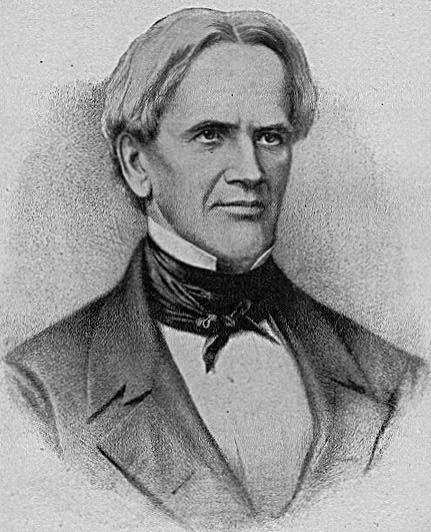Any graduate of a Brown advanced-degree program is eligible for the Horace Mann Medal. The medal is awarded at Commencement exercises in May.
Nominations
A nomination should, at a minimum, include a strong supporting rationale for the nomination, expressed in a letter of nomination. Up to two additional supporting letters may also accompany the nomination. Only one nomination package per nominee will be accepted. All nominations should be made through Brown UFunds.
Deadline
December 8, 2025.
Selection Process
The final selection process takes place in late fall, in conjunction with the University's selection of honorary-degree recipients. (Nominations received after the deadline will be considered in the next round of review.) Selection news is announced in May.
Note: Nominators/departments will be expected to assist the Graduate School in hosting the Medalist; guidelines will be provided if selected.
History
This award was created in 2003 and replaced the Distinguished Graduate School Alumni Award.
 Born in 1796,
Born in 1796, .jpg)